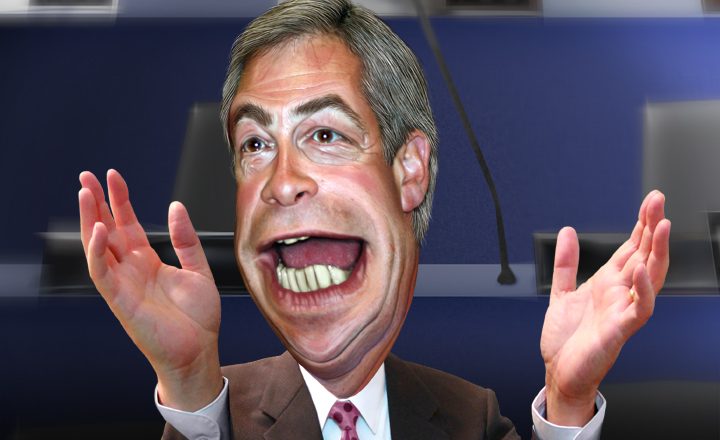We have no time for Coutts Bank, a private bank company exclusively for the rich- “Coutts offers private banking and wealth management services for high net worth individuals and their families, with the human touch”. We shed no tears for the forced resignation of both Peter Flavel, head of Coutts and Dame Alison Rose, chief executive of NatWest, the parent company of Coutts.
But neither do we have any sympathy for Nigel Farage, who now positions himself as a knight fighting finance capital. Farage has always been a fervent supporter of capitalism. He was a City trader up until the big crash of 1986. His father was a stockbroker and his brother was a broker too. He was a member of the Conservative Party before he founded UKIP. It is ironic that Farage, who looks to stop freedom of movement, portrays himself as a champion of freedom.
He is no voice of the poor and oppressed, he is as much a supporter of the system as Flavel, Rose, and indeed the billionaire Sunak, who waded into the controversy on Farage’s side, afraid of losing more votes to right-wing populism.
Back in 2015 the Co-Operative Bank closed down many bank accounts, including that of the Palestine Solidarity Campaign, twenty local groups involved in similar work and charities imvolved supporting women’s education in Gaza. There was no massive outcry in the media then. In the mean time many small charities and community groups often face great difficulties in obtaining accounts. It’s the same with local allotment associations and joint freeholder associations.
The Sunak government is now considering legislation to “protect free speech” by threatening to remove licences from banks if they blacklist those with controversial views. We doubt if this planned legislation has anything to do with protecting any of the groups mentioned above.
Since Brexit, Farage has been looking around for a soapbox issue to attempt to claw back his influence. UKIP crumbled in 2018, and Farage went on to form the Brexit Party, which became Reform UK. It and Farage failed to gain traction over various campaigns, including over migrants crossing the Channel. Farage now hopes that the Coutts controversy will re-ignite his populist appeal, with its fake anti-establishment rhetoric. That remains to be seen.

